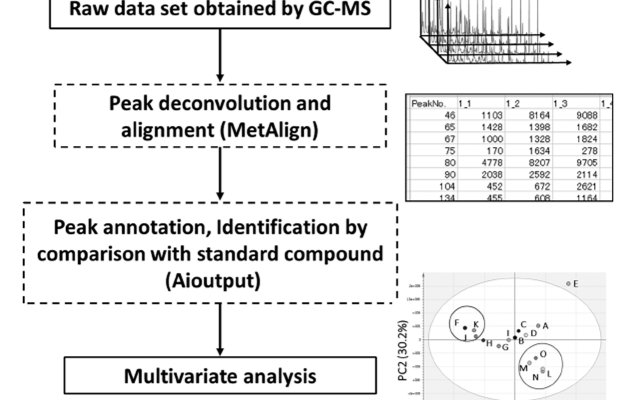The Significance of 1328: A Comprehensive Analysis

Introduction
The year 1328 stands out as an essential moment in history with significant global events that shaped the world’s future. This article explores the political, social, and cultural occurrences that define this period, with a focus on some key events that hold particular relevance today.
Political Events
1. End of the Capetian Dynasty: In 1328, the French Capetian Dynasty came to an end with the death of King Charles IV. This crucial event led to the start of the rise of the Valois Dynasty, which ruled France until 1589. The change in royal lineage had profound long-term consequences for France’s history and politics.
2. Edward III’s claim to the French throne: Following the death of King Charles IV, Edward III of England laid claim to the French throne as a grandson of Philip IV through his mother Isabella. In 1337, this claim would contribute to starting the Hundred Years’ War between England and France, a devastating conflict affecting trade, diplomacy, and social structure in both countries.
Social and Cultural Developments
1. Relief from Famine: Europe began recovering from the Great Famine that lasted from 1315 to 1317. The famine had significantly impacted European society by causing malnutrition, disease, and mortality rates to skyrocket. With agriculture recovering in 1328, European populations gradually rebounded, leading to new opportunities for trade and social cohesion.
2. The spread of Gothic architecture: During this time period, Gothic architecture continued spreading across Europe. Tall towers, pointed arches, and elaborate tracery were popular techniques for constructing cathedrals and other religious buildings with much significance for those who practiced medieval Christianity.
Conclusion
In conclusion, 1328 was a pivotal year with transformative political events like the end of one major royal dynasty in France and subsequent claim by Edward III that would trigger the Hundred Years’ War. At the same time, society began recovering from the debilitating effects of the Great Famine, as cultural developments like the spread of Gothic architecture continued to gain momentum. These developments make 1328 a vital year in shaping our contemporary world.






